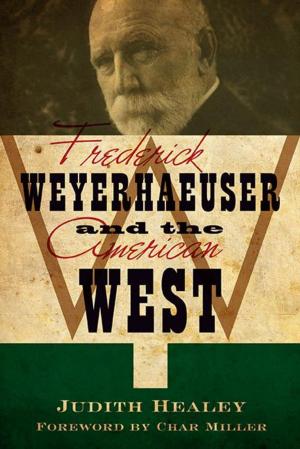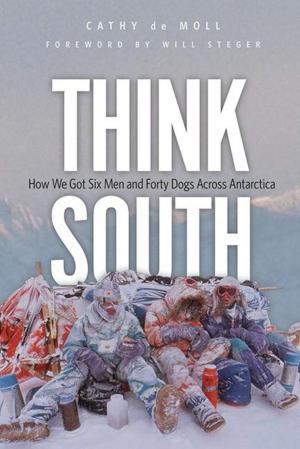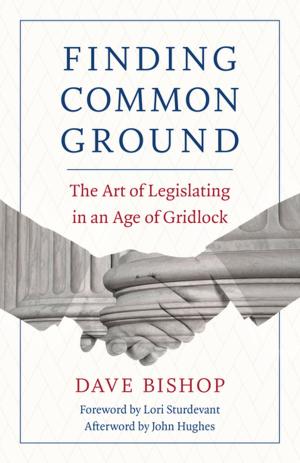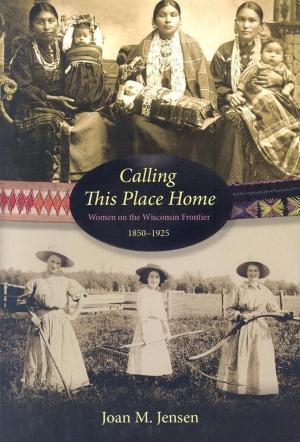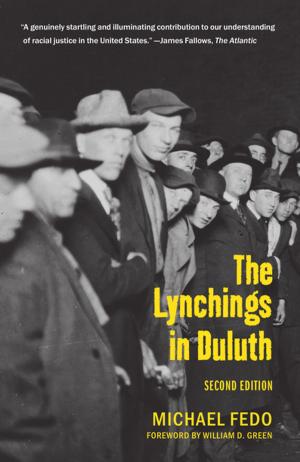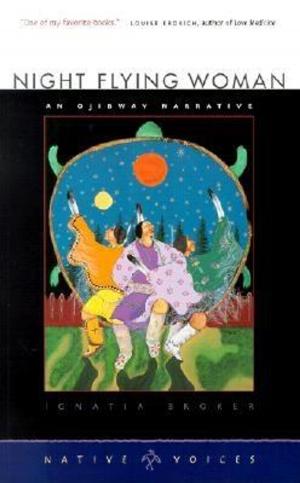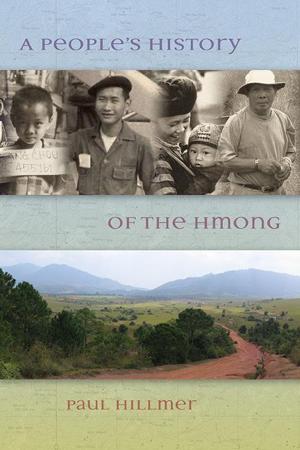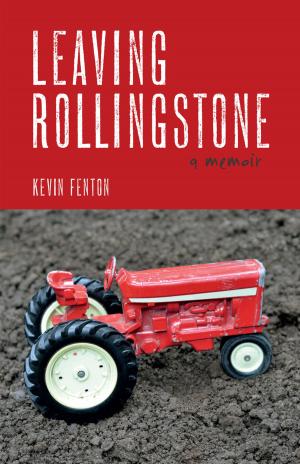Hmong and American
From Refugees to Citizens
Nonfiction, Social & Cultural Studies, Social Science, Cultural Studies, Emigration & Immigration, Ethnic Studies| Author: | ISBN: | 9780873518550 | |
| Publisher: | Minnesota Historical Society Press | Publication: | March 15, 2012 |
| Imprint: | Minnesota Historical Society Press | Language: | English |
| Author: | |
| ISBN: | 9780873518550 |
| Publisher: | Minnesota Historical Society Press |
| Publication: | March 15, 2012 |
| Imprint: | Minnesota Historical Society Press |
| Language: | English |
Farmers in Laos, U.S. allies during the Vietnam War, refugees in Thailand, settlers in the Western world--the stories of the Hmong have been told in detail through books and articles and oral histories over the past several decades. Like any immigrant group, the first generation may yearn for the past as they watch their children and grandchildren find their way in the dominant culture of their new home. For Hmong people born and educated in the United States, a definition of self often includes traditional practices and tight-knit family groups but also a fully Americanized point of view. How do these members of the "1.5" and second generation of American Hmong negotiate the expectations of these two cultures? How can their classmates and neighbors better understand what it means to be both Hmong and American? In this collection of essays, historians, sociologists, teachers, counselors, and artists explore the concepts of war, refugee status, resettlement, and assimilation, weaving their own stories into their depictions of a community that continues to develop complex identities, both abundantly shared and deeply personal.??????From the review by Mark Pfeifer: "The discussions and case studies presented on the different facets of contemporary Hmong identity are the most unique aspect of the Her/Buley-Meissner manuscript and provide the strongest argument for its publication. No other recent monograph has focused as exclusively or strongly on Hmong American identity to this degree."??From the review by Chia Youyee Vang: "The diversity of voices and perspectives makes this volume very powerful. Inclusion of scholars, creative writers and artists makes the volume interdisciplinary and potentially accessible to a broad audience ... Collectively, they show that Hmong culture has not been static; instead, Hmong culture and its traditions have served as sites of change and disagreement."
Farmers in Laos, U.S. allies during the Vietnam War, refugees in Thailand, settlers in the Western world--the stories of the Hmong have been told in detail through books and articles and oral histories over the past several decades. Like any immigrant group, the first generation may yearn for the past as they watch their children and grandchildren find their way in the dominant culture of their new home. For Hmong people born and educated in the United States, a definition of self often includes traditional practices and tight-knit family groups but also a fully Americanized point of view. How do these members of the "1.5" and second generation of American Hmong negotiate the expectations of these two cultures? How can their classmates and neighbors better understand what it means to be both Hmong and American? In this collection of essays, historians, sociologists, teachers, counselors, and artists explore the concepts of war, refugee status, resettlement, and assimilation, weaving their own stories into their depictions of a community that continues to develop complex identities, both abundantly shared and deeply personal.??????From the review by Mark Pfeifer: "The discussions and case studies presented on the different facets of contemporary Hmong identity are the most unique aspect of the Her/Buley-Meissner manuscript and provide the strongest argument for its publication. No other recent monograph has focused as exclusively or strongly on Hmong American identity to this degree."??From the review by Chia Youyee Vang: "The diversity of voices and perspectives makes this volume very powerful. Inclusion of scholars, creative writers and artists makes the volume interdisciplinary and potentially accessible to a broad audience ... Collectively, they show that Hmong culture has not been static; instead, Hmong culture and its traditions have served as sites of change and disagreement."



